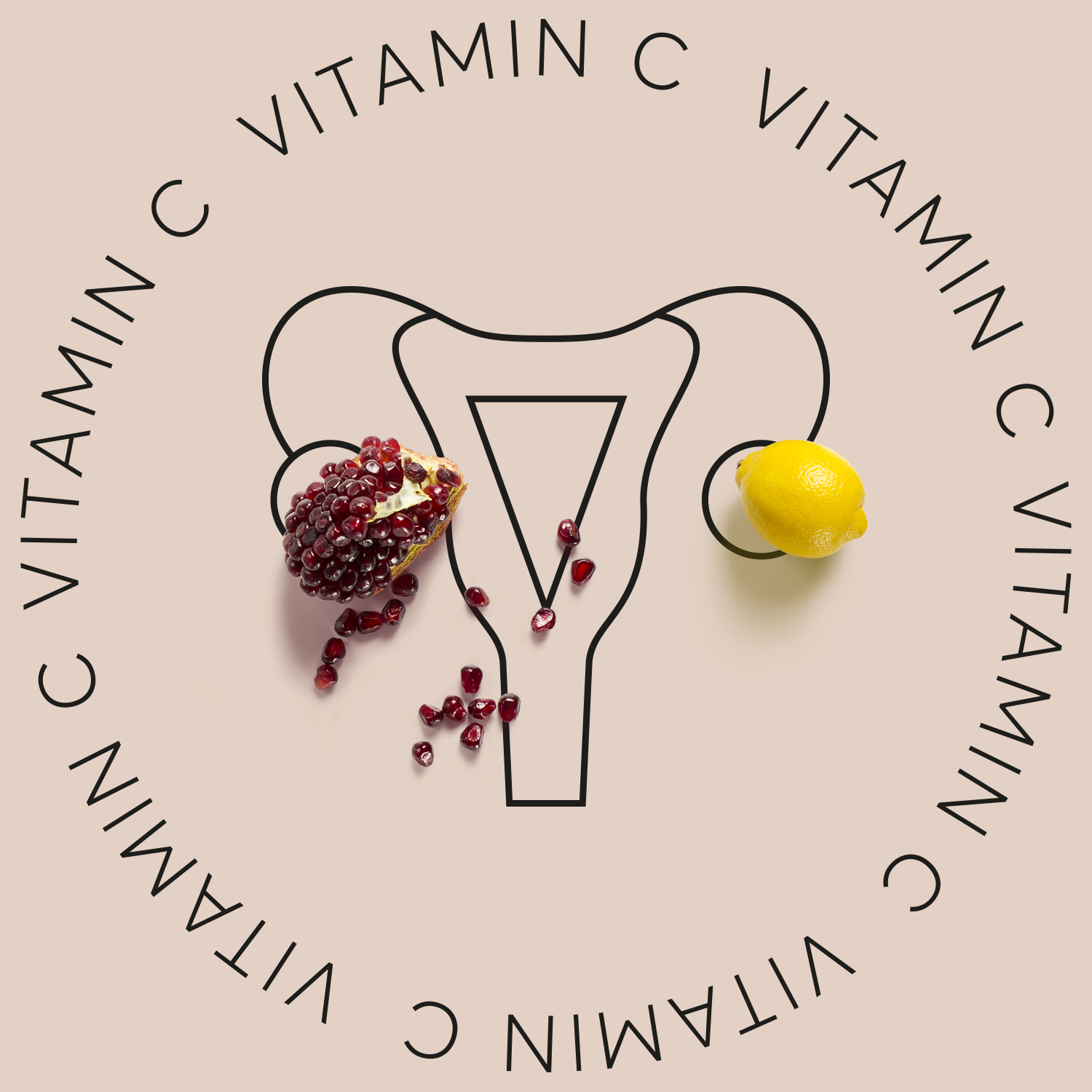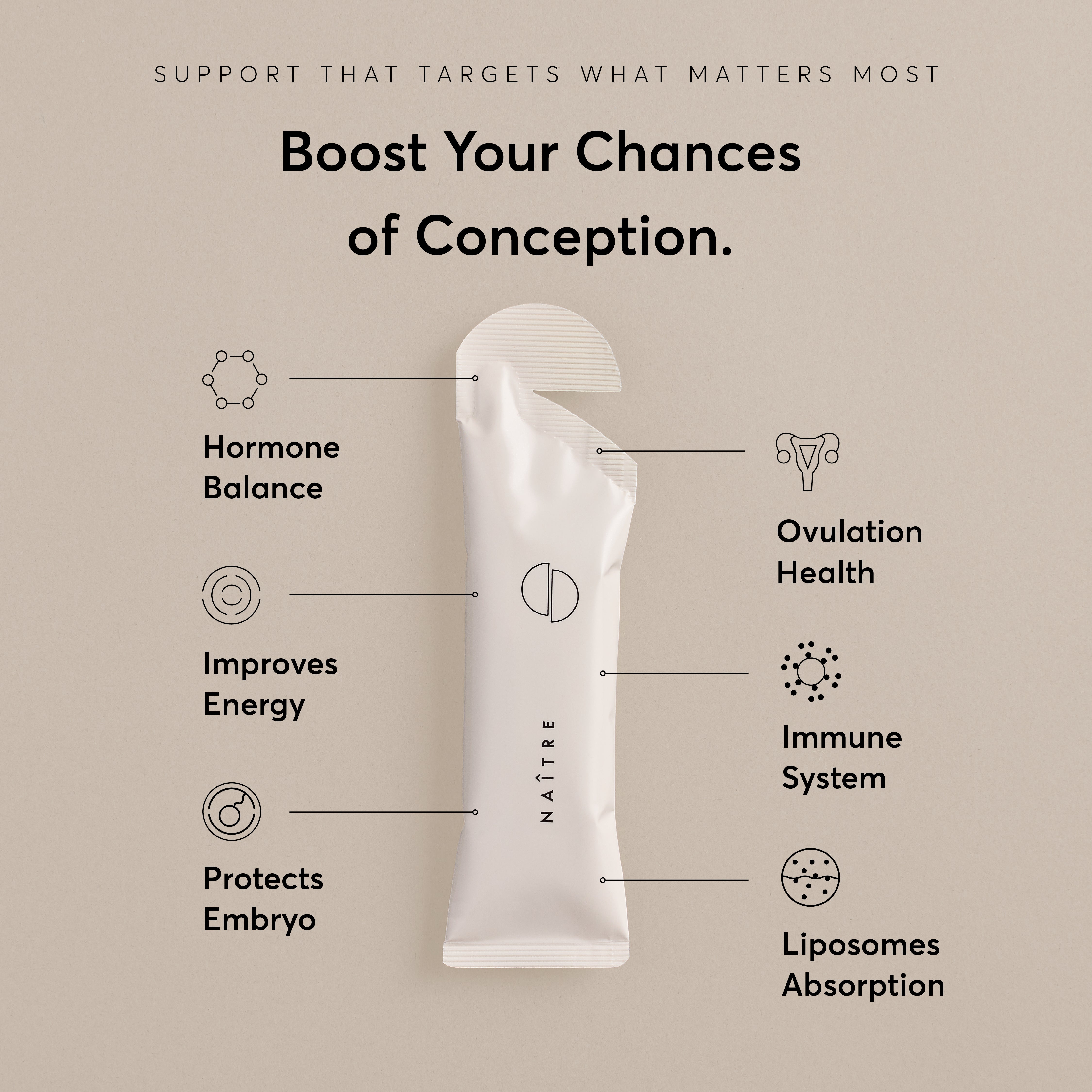
Vitamin C is becoming well known for its role in immune health; however, vitamin C also plays a vital role in optimising fertility health.
Part of its importance is vitamin C’s ability to reduce free radical damage that causes oxidative stress on sperm DNA, which can be harmful when trying to conceive. For women who have a luteal phase defect, vitamin C appears to help. Today we look at vitamin C in more detail and address how it plays an essential role for both men and women trying for a baby.
Why is Vitamin C Important for a Healthy Body and a Healthy Pregnancy
Vitamin C, also known as ascorbic acid, is termed ‘essential’, which means your body cannot produce it. To obtain this vitamin, people must consume vitamin C through food-first with the addition of supplements if more is needed.
The benefits of this humble vitamin are pretty profound and include:
- Preventing severe diseases due to their potent antioxidant capabilities,
- Optimising the immune system,
- Protecting your memory as you age,
- Potentially helping to manage high blood pressure,
- Potentially lowering your risk of heart disease.
Essential for immune function, vitamin C is also crucial for fertility. Both men and women need sufficient vitamin C daily to support healthy reproduction, as we will explore in detail for each below.
How is Vitamin C Important for Male Fertility?
The vitamin C content of sperm is said to be the same as that found within an orange - which is typically around 53.2 mg. However, there is no research to back this up. What there is evidence to show, however, is that low vitamin C levels can contribute to infertility in men.
One particular study showed that vitamin C levels in sperm were lower in infertile men. This same study also noted that the vitamin C concentrations in sperm correlated with the percentage of normal spermatozoa morphology (sperm size and shape) in infertile and fertile participants.
Free radicals easily damage sperm, which is one of the most significant factors involved in lowered male fertility. Hence, vitamin C is essential for preventing this due to its free-radical fighting capacity because it has strong antioxidant power. Antioxidants neutralise free radicals and help keep developing sperm healthy, allowing them to mature into healthy and viable sperm suitable for creating a baby.
How is Vitamin C Important for Female Fertility?
Vitamin C appears to play multiple roles in creating female fertility.
One important way is that it appears to create healthier hormone levels in women, specifically progesterone levels. One study demonstrated that women who took 750 mg of vitamin C per day increased progesterone levels by 77% compared to women who didn’t take vitamin C.
For some women trying to conceive, having a luteal phase defect (which is defined as having insufficient progesterone during this part of the menstrual cycle) can create problems. However, vitamin C has shown to help resolve this and promote fertility due to its ability to increase progesterone levels.
Vitamin C is also a fantastic antioxidant that can help combat oxidative stress. Many studies have shown that increased oxidation plays a role in negatively affecting female reproduction. One study found that it may damage female eggs and reduce their ability to become fertilised.
Another study demonstrated that vitamin C supplementation could help women trying to conceive using assisted fertility treatments.
All of this research highlights just how valuable ascorbic acid is in female fertility and that it should be prioritised, as with other fertility-enhancing nutrients, in a fertility health plan.
Where to Get Good Food Sources of Vitamin C, and How Much is Needed
Food is the first place to look when it comes to obtaining your daily needs of vitamin C.
Good food sources of vitamin C, according to the NHS, include:
- Citrus fruit, such as oranges and orange juice,
- Peppers,
- Strawberries,
- Blackcurrants,
- Broccoli,
- Brussels sprouts,
- potatoes
Eating a good variety of the above every week will go a long way to ensuring your vitamin C levels are sufficient.
Supplementing with Vitamin C for Fertility Health
Even though a vitamin C deficiency in the modern world is thankfully quite rare so long as a variety of healthy foods is eaten, in some instances, our food and diets will not provide us with enough vitamin C to thrive. This is especially important because the body cannot store vitamin C, so it is essential to obtain enough vitamin C daily to meet the body’s needs, including to help optimise fertility health in men and women. So vitamin C supplementation is beneficial in these instances.
When it comes to your total intake of vitamin C from food and supplements, the UK Department of Health recommends as a guideline that adults need 40 mg a day, pregnant women need 50 mg a day, and children need 25-35 mg (age-dependent). They also recommend that no more than 1,000 mg of vitamin C be consumed per day.
A study has also shown that the liposomal form of vitamin C offers increased efficacy, which means the body will absorb more from this supplement type.
Essential reading: Liposomes: The Powerhouse of Nanomedicine
Key Points on Vitamin C and Fertility
Vitamin C is a powerful antioxidant that has shown to be of massive importance to both men and women in building robust fertility health. For women, vitamin C can help rectify low progesterone levels, luteal phase defects and help enhance her eggs’ health making fertilisation easier. For men, vitamin C can help create healthy, viable sperm and reduce damage to a sperm's DNA by reducing oxidation damage. For optimal vitamin C levels to be reached, vitamin C rich food must be consumed daily as the body cannot make it and cannot store it. If the diet does not meet the daily vitamin C needs, supplements should be added with liposomal types offering better absorption.
Discover our unique Liposome Fertility Formulas, developed for couples >






